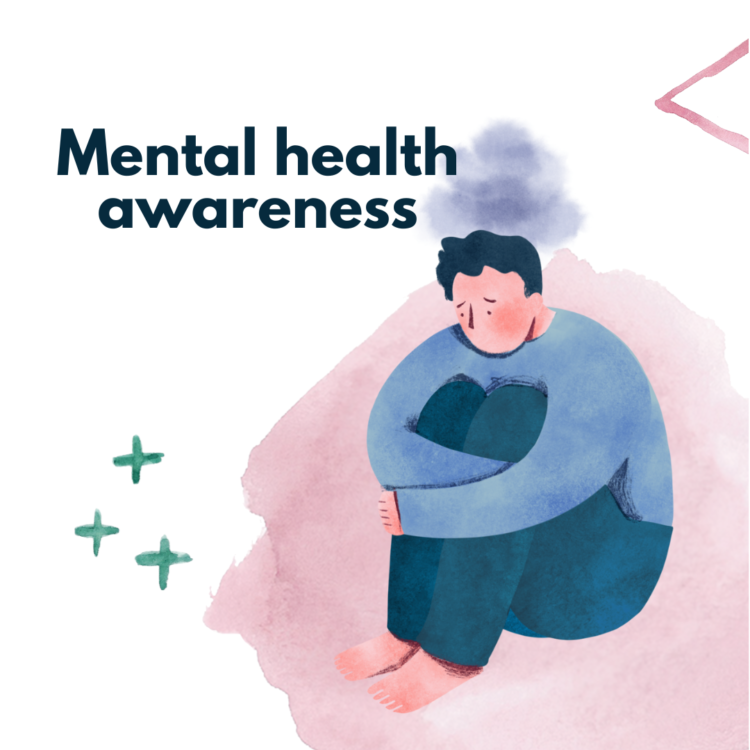In a world that often moves at an overwhelming pace, the significance of mental health cannot be overstated. Yet, despite its prevalence, mental health is a topic that has long been shrouded in stigma and silence. In this blog, we aim to shed light on the importance of mental health awareness, exploring its impact on individuals, communities, and society as a whole.
Understanding Mental Health:
1. A Universal Concern:
Mental health is a fundamental aspect of our overall well-being. It encompasses emotional, psychological, and social well-being, influencing how we think, feel, and act. Mental health is not a niche concern; it affects everyone, regardless of age, gender, or background.
2. The Stigma Surrounding Mental Health:
Despite its prevalence, mental health often faces stigma and misconceptions. This stigma can prevent individuals from seeking help, leading to a cycle of suffering in silence. By fostering awareness, we can challenge these stigmas and create a more compassionate and understanding society.
The Impact of Mental Health Awareness:
1. Empowering Individuals:
Mental health awareness empowers individuals to recognize and prioritize their mental well-being. Understanding the signs of mental health challenges allows individuals to seek help proactively, promoting early intervention and recovery.
2. Fostering Supportive Communities:
Communities play a crucial role in mental health. When communities are well-informed, they can provide support, empathy, and resources to those in need. Open conversations about mental health contribute to the creation of safe spaces where individuals feel comfortable sharing their experiences.
3. Workplace Well-Being:
Mental health awareness in the workplace is vital. Employers who prioritize mental health create environments where employees feel valued and supported. This not only improves overall job satisfaction but also enhances productivity and reduces absenteeism.
Strategies for Mental Health Awareness:
1. Education and Resources:
Promote mental health literacy by providing educational resources that help people understand the various aspects of mental health. This can include information on common mental health conditions, available resources, and how to access support.
2. Open Conversations:
Encourage open conversations about mental health to break down barriers. Platforms for discussion, such as workshops, webinars, or support groups, create safe spaces for individuals to share their experiences and seek guidance.
3. Deconstructing Stereotypes:
Challenge stereotypes and misconceptions associated with mental health. By debunking myths, society can move towards a more empathetic and understanding perspective, fostering an environment where individuals feel comfortable seeking help without fear of judgment.
4. Integration of Mental Health into Healthcare:
Advocate for the integration of mental health into overall healthcare systems. This includes accessible mental health services, destigmatizing seeking professional help, and ensuring that mental health is given the same level of attention as physical health.
The Road Ahead:
As we navigate the complexities of modern life, the journey towards comprehensive mental health awareness is ongoing. It requires collective efforts from individuals, communities, and institutions to create a world where mental health is not only recognized but prioritized.
By breaking the silence and fostering understanding, we can build a society that embraces the full spectrum of human experiences. Mental health awareness is not just a campaign; it’s a commitment to creating a world where everyone can flourish, free from the shadows of stigma. Together, let’s amplify the conversation and pave the way for a future where mental health is a cornerstone of well-being for all.










No Comments
Leave Comment